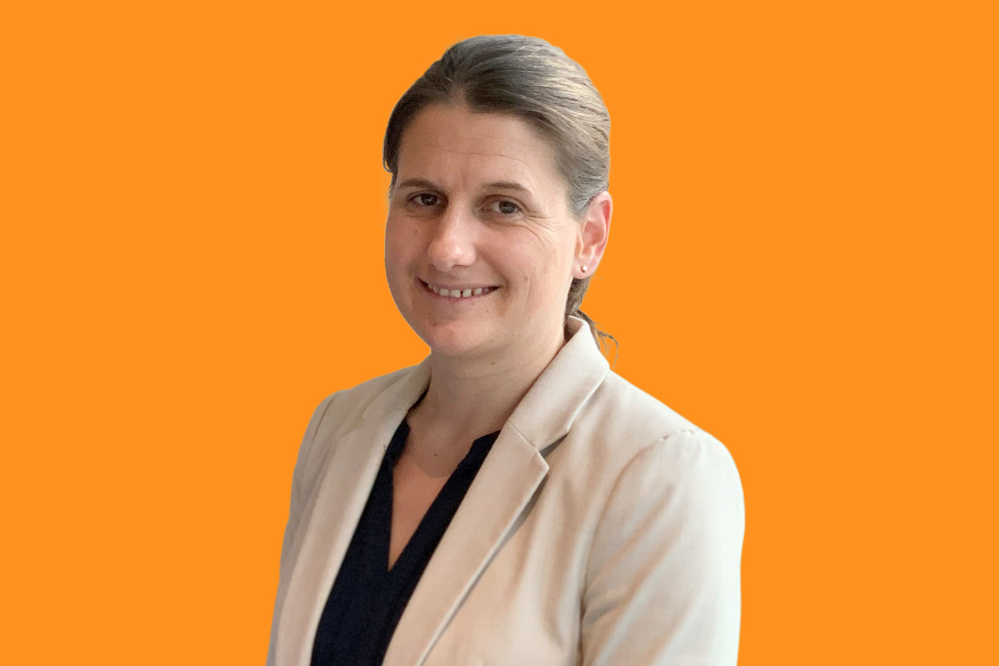Western Australian spending habits have all but stalled as cost-of-living and inflationary pressures appear to be finally restricting consumers, according to new data from Bankwest.
Inflation appears to be heavily affecting people and their spending habits, Bankwest’s Spend Trends analysis for October shows. Inflation outpaced the value of spending (+25%) compared to the number of customers spending (+4%) and the volume of transactions (+6%).
The analysis has revealed Western Australian customer credit and debit transactions since the beginning of the pandemic and during the recovery period, providing insights into the community response to changing economic conditions.
Read next: Young West Australians eager to buy property
Bankwest general manager everyday banking Philippa Costanzo (pictured above) said previous reports showed a reluctance from Western Australian consumers to rein in spending in discretionary sectors, despite rising inflation being apparent in the volume and value of transactions being made.
“Our October analysis showed a complete reversal of recent trends with the number of customers, average total spend and total volume of transactions all stabilising at 1% growth month-on-month,” Costanzo said.
“We found the key areas in which Western Australians pulled back were travel – with airlines, auto rental, hotel/motel, and travel agencies all stagnant or declining month-on-month and clothing, department stores and restaurants and bars.”
Costanzo said people were also responding to the ongoing price pinch on petrol by pulling back at the bowser, with the number of customers transacting (-4%) and the volume of transactions (-2%) contracting from September.
“However, the return of the fuel excise levy at the end of September, which added about 25.3 cents a litre to the cost of petrol and diesel, coupled with existing high prices, resulted in the value of transactions rising (2%),” she said.
“The cost-of-living pressures also appear to be creating a ‘repair instead of replace’ mentality, with repair shops, including device, machine, watch and footwear repairers, increasing in transactions month-on-month.”
Read next: Bankwest launches cybersecurity tool
Costanzo said figures from the Federal Chamber of Automotive Industries showed Western Australia’s October car sales were up year-on-year by 8%.
“We know Western Australians are in a period of economic uncertainty, but until recently, there was a reluctance to rein in discretionary spending. Bankwest data from May this year showed more than 90% of home loan customers were ahead on their repayments by about three years, while savings balances across all financial institutions increased through COVID-19.”
Costanzo said that enabled many people to build a financial buffer that protected them from the rising cost-of-living and inflationary headwinds, with little evidence of an urgency in the community to alter spending behaviours.
“However, these latest Spend Trends figures suggest the reality of the current economic climate is becoming more apparent to Western Australians, with discretionary spend reined in and purchases becoming more specific,” she said.
“We expect a challenging financial environment to remain for some time to come and we encourage any customers experiencing difficulties to get in touch with us as soon as possible so we can support them.”


